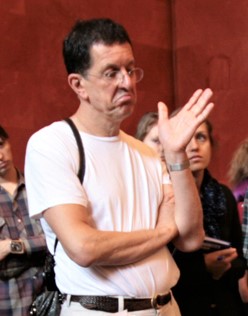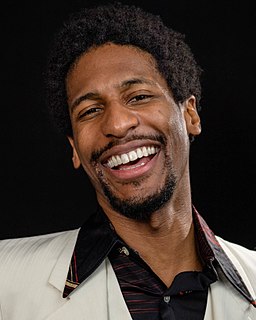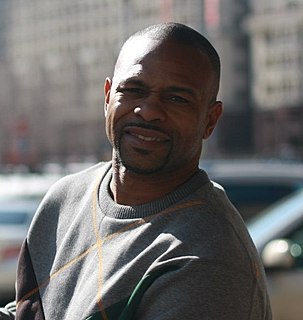A Quote by Michael C. McMillen
I think at one point, a whole new younger generation of critics come in and they're really aware of zeitgeist in their group, and the older artists tend to get forgotten as their critics retire and do other things or stop paying attention. So there's a factor of aging that I think is to be considered, too. As a middle-aged artist, you kind of get put on a shelf for the young ones.
Related Quotes
Well, I think critics are very useful. But I think that they, in a way, betray their position when they stop people looking for themselves. Judgment is very easy, but I think, on the whole, professional critics maybe see too much, and compare too much, and forget the joy of actually looking and contemplating for its own sake.
If critics were harder on the musicians that they love, there would be better songs. But as they grow older and they lose their talent, critics refuse to let them know that and protect them, and they get to the point where they put out music that just isn't up to the levels where they've already been.
I always want to be doing both to travel as a teacher and lecturer, and to be a musician. I think in this generation institutionalizing the art form and spreading it to the younger generation through education is really important for all artists to have some hand in. Right now in popular culture and the mainstream, it's not a big part at all. I think education by young artists talking to young people, not just older people talking to young people, it gives an experience never felt before. I think over the years it will do a lot for the music.
I think as you get older, you realize there's always going to be critics. Critics are going to win every time because they can change their critique based on the stats and their own personal feelings. It's less about proving people wrong, the critics wrong, and it's more about challenging myself to keep this level up.
I think when you're young and you get together with a group of guys who think like you and you start to make something that moves you as a group of people and you have a common goal, that's an exciting time. The more years you put behind you, hopefully making music that surpasses what you did before, you're playing bigger places and it kind of weirdly becomes a business. In my opinion young bands have a shelf life and it ranges in time.
Critics worry that if we spend time paying attention to that new kind of media or technology instead of talking to each other that that is somehow isolating. But humans are fundamentally social. So I think in reality, if a technology doesn't actually help us socially understand each other better, it isn't going to catch on and succeed.
I think that because of YouTube, because of MySpace, because of the digital domain that we have on the Internet, the younger generation is much more open to information. I think it's so much easier for them to gain information and trade information, and they have become more aware. In some cases, more aware than their own parents and adults, as to what's going on in the world. I find that really intriguing and interesting, and I think there is a brewing of a whole new generation of activists coming.






































